Big Data is transforming every aspect of the modern world, and healthcare is no exception. From health records to test results to payment and insurance information, treatment centers and clinics collect a deluge of data on each patient. This data gives them the potential to serve those patients efficiently and effectively, but only if they are able to interpret it. By adopting smart EMR systems, healthcare providers can more effectively gather and analyze data, leading to better outcomes for everyone involved.
The Benefits of Smart Health Data Systems
EMRs or electronic medical records store and organize health data for individual patients and broader populations. Likewise, revenue cycle management systems or RCMs track all reimbursements for services rendered. By adopting smart technology for these processes, healthcare providers can:
- Identify Diseases Early- Smart EMR systems can study the correlations between symptoms and determine whether patients are experiencing the early stages of certain diseases. This aids the medical and clinical teams in establishing treatment plans to address those diseases before they get out of hand.
- Prevent Diseases Entirely- Besides finding diseases in their early stages, EMRs can assist in determining whether patients are likely to develop a disease based on other health factors. They can then help patients avoid contracting that disease.
- Streamline Specialist Services- Primary care doctors and Medical Directors of Behavioral Healthcare centers frequently have to refer patients to specialists, but this can be difficult because a specialist may not have a patient’s health records. Smart EMRs have value add services like efax built in so health information can be shared easily between providers of care. This improved coordination between specialists, Primary Care Physicians and Medical Directors help bridge the gap in healthcare.
- Improving Patient Understanding & Experiences- Smart RCMs result in easier to read patient statements and have fewer billing problems, while smart EMRs detail critical health information to support better plan reimbursements. This leads to better patient engagement, as patients are far more likely to listen to a clinician’s instructions if they understand them and had a positive experience.
- Saving Critical Resources- Smart RCMs cut down on billing mistakes, leading to fewer revenue losses. Likewise, by identifying health issues and solutions more efficiently, smart EMRs can cut down on the number and complexity of treatments that each patient needs in a hospital setting and allow for payment of step down treatment and therapies. Both these results save time and money, which healthcare providers can then invest in treating additional patients within a community.
To learn more about smart EMRs, RCMs, and other game-changing health technologies, contact AZZLY® today.




